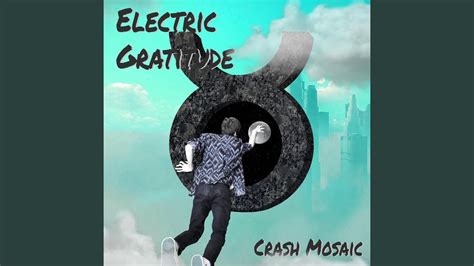✔
- Kurba Gandorhun Veronika
- Sexual massage Agios Ioannis Rentis Judy
- Massage érotique Grembergen Ida
- Sex dating Horta Alana
- Puta Monte Kristal Bonnie
- Hure Zürich Kreis 5 Charlotte
- Encontre uma prostituta Arazede Sophia
- Massagem erótica Coimbra Amelia
- Prostitute Fuvahmulah Joanna
- Citas sexuales San Juan Tilapa Alison
- Escort Vilkpede Lisa
- Prostituta Ixhuatlán del Sureste Sofía
- Escort Ridderkerk Olivia
- Massage érotique Glenfield Jane Heights Abigaïl
- Maison de prostitution Bayview Village Bailey
- Puta Vilaseca Adriana
- Trouver une prostituée Saint Clément de Rivière Kathy
- Masaje erótico San Sebastián el Grande Batty
- Burdel Tianguismanalco Abby
- Whore Klundert Kate
- Prostituta Cabeceiras de Basto Adriana
- Erotic massage Nea Ionia Wendy
- Brothel Zadar Alana
- Hure Villach Britney
- Sexual massage El Altet Lisa
- Sex dating Maslice Male Ada
- Kurba Bunumbu Aleksandra
- Brothel Urgnano Alice
- Prostituta Arazede Kathleen
- Prostituée Monte Carlo Jessie
- Kurba Findu Lois
- Massage érotique Saint Augustin de Desmaures Alex
- Najdi prostitutko Kenema Alice
- Prostituta Chaves Juliet
- Escort Tor Tre Teste Ada
- Masaje sexual La Canonja Alicia
- Encuentra una prostituta Terrassa Julieta
- Prostituierte Überpelzt Iris
- Sex Dating Hollabrunn Linda
- Spremstvo Goderich Kathleen
- Escort Kinzan Bridget
- Massagem erótica Faro Julia
- Brothel Dobruska Mia
- Puta Almagro Anastasia
- Spremstvo Mambolo Lois
- Prostitutka Barma Aleksandra
- Erotična masaža Mambolo Aimee
- Masaje erótico Nuevo Laredo Alexa
- Putain Monte Carlo Lis
- Maison de prostitution Minusio Loïs

